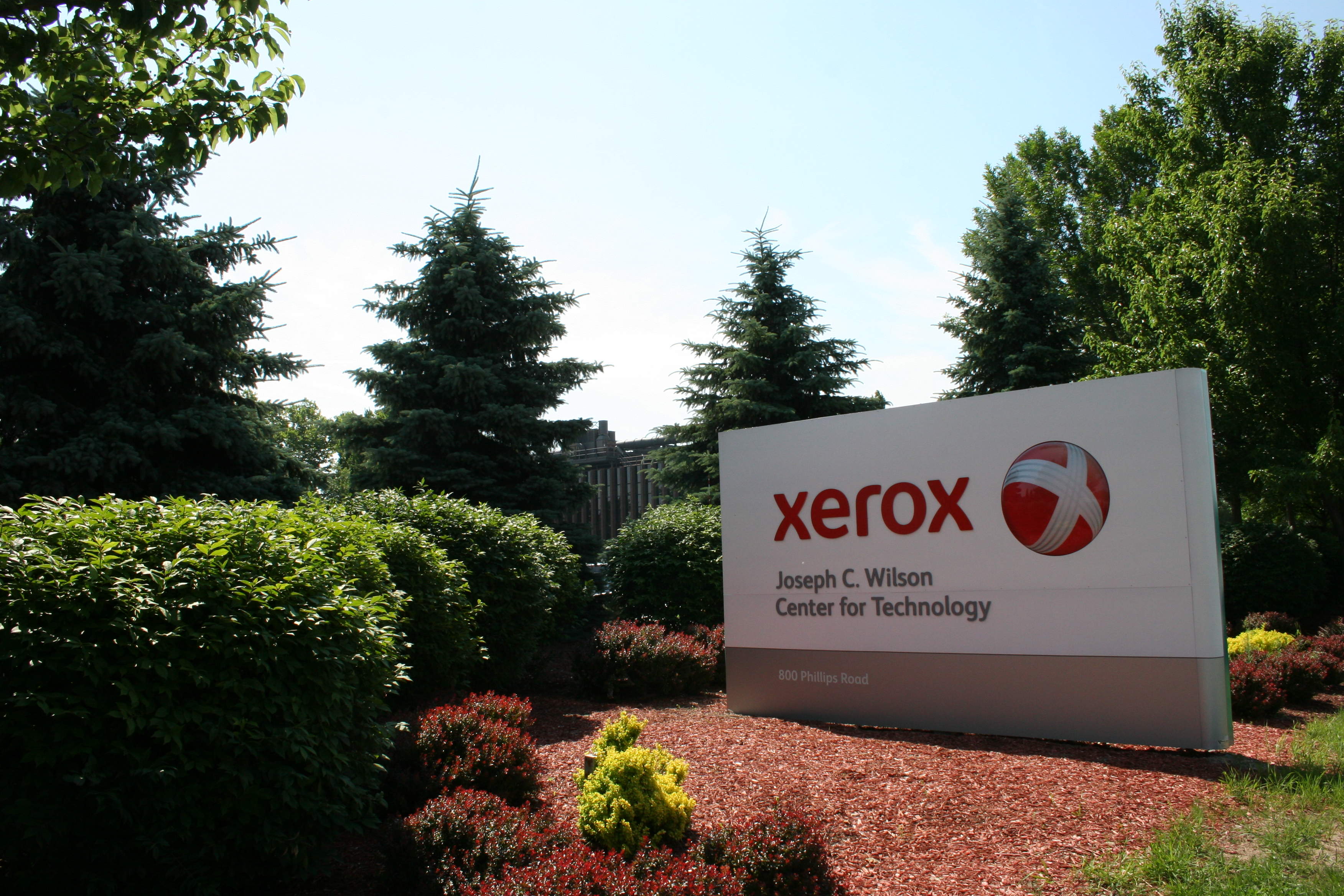
Xerox saw revenues from services, rentals and equipment financing drop 7.5% year-on-year to $1.4bn in the third quarter (£1bn, €1.2bn), a few months after reports that the company was looking to raise cash by offloading its leasing business.
The “services, maintenance and rentals” segment, which covers leasing as well as Xerox’s bundled services offering, reported income of $1.3bn, a 6.9% drop compared to Q3 2017.
Xerox attributed the fall to lower print volumes on part of customers, competitive pressures and fewer installation contracts last year resulting in a smaller population of managed devices. The factors were “partially mitigated” by higher revenues from vendor partnerships.
Financing revenues, which fell 11% to $65m, were dragged down by lower equipment sales. Overall, finance assets in Xerox’s books – covering leases and finance receivables – totalled $3.9bn as of September 30, down 7.7% year-on-year.
The results come after a turbulent year for Xerox, which saw it embroiled in a legal battle with Fujifilm over control for the Fuji Xerox joint venture in the Asia-Pacific region.
After plans were scrapped for a $6.1bn merger that would have seen Fujifilm take over both Xerox and the joint venture, activist investors Carl Icahn and Darwin Deason – who had vehemently opposed the deal – took control of Xerox.
How well do you really know your competitors?
Access the most comprehensive Company Profiles on the market, powered by GlobalData. Save hours of research. Gain competitive edge.

Thank you!
Your download email will arrive shortly
Not ready to buy yet? Download a free sample
We are confident about the unique quality of our Company Profiles. However, we want you to make the most beneficial decision for your business, so we offer a free sample that you can download by submitting the below form
By GlobalDataIn July, reports emerged that the American firm’s new leadership was looking to sell the leasing unit – with a $6.4bn market capitalisation and $5.5bn in debt – in order to deleverage the rest of the business.
The sale had the potential to free up Xerox’s balance of as much as $3.3bn in debt, making the rest of the company more palatable for future private equity buyers, who in turn would be able to take on additional leverage to turn the business around.
Private equity firms had reportedly already expressed interest for Xerox in March, soon after the Fujifilm merger fell off the table.







